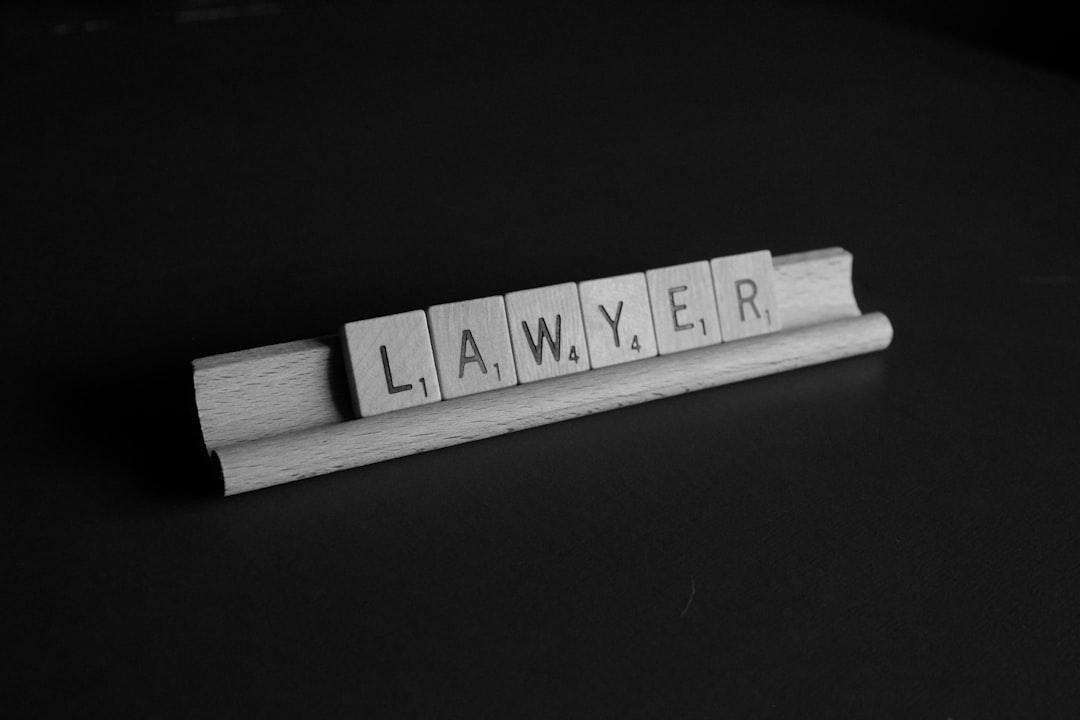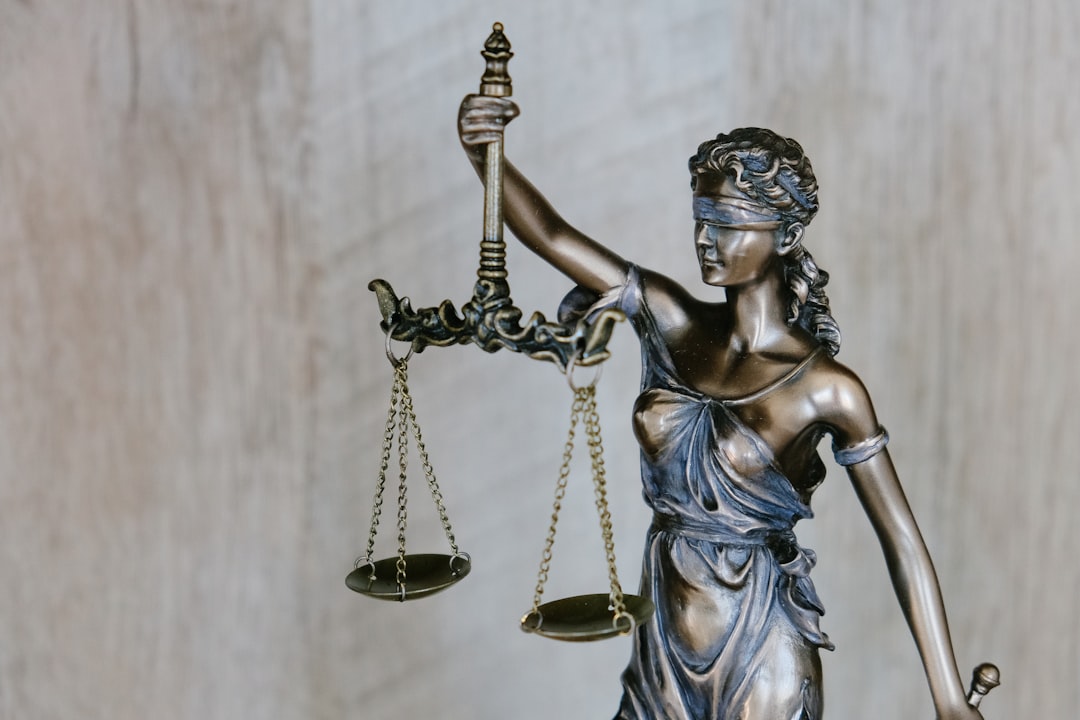Missouri has implemented stringent legislative measures to combat and prevent sexual abuse in school-based music programs, including mandatory background checks, clear reporting protocols, and comprehensive teacher training. The state empowers survivors through robust legal frameworks, offering protection and support with the help of school abuse attorneys. Schools provide specialized counseling and open-door policies while collaborating with legal experts to ensure accountability and justice for all students affected by abuse.
Missouri has implemented a comprehensive approach to addressing sexual abuse within school-based music programs, comprising legislative reforms, robust legal protections, teacher training, stringent policies against harassment, and support services for survivors. With a focus on prevention and accountability, these measures aim to foster a safer environment for students engaged in musical activities. For those affected by such incidents, understanding the available legal protections and support systems is crucial, as highlighted by experienced Missouri school abuse attorneys.
Missouri's Legislative Efforts Against School Abuse

Missouri has taken significant legislative steps to combat and prevent sexual abuse within its school-based music programs. The state’s efforts focus on holding institutions accountable, ensuring student safety, and providing support for survivors. One notable initiative is the passage of laws that mandate thorough background checks for all employees and volunteers involved in extracurricular activities, including music programs. This measure aims to identify and deter potential predators from accessing vulnerable students.
Additionally, Missouri has established clear protocols for reporting and investigating incidents of school abuse, particularly emphasizing the role of teachers and administrators as guardians of student welfare. These legislative interventions reflect a commitment to addressing the issue proactively, offering legal protections, and empowering victims by providing access to justice through competent school abuse attorneys in Missouri.
Legal Protections for Students in Music Programs

In Missouri, students participating in school-based music programs are protected by robust legal frameworks designed to prevent and address sexual abuse. The state has stringent policies in place that mandate reporting of suspected abuse and establish clear procedures for investigating and resolving such incidents. These protections extend to all activities related to music education, ensuring a safe environment for students to thrive artistically.
A school abuse attorney in Missouri plays a vital role in upholding these protections. They guide both victims and institutions on navigating the legal system, ensuring that all parties understand their rights and responsibilities. This support is crucial in fostering a culture of transparency and accountability within music programs, where every student can feel secure while pursuing their musical passions.
Training and Education for Music Teachers

In Missouri, addressing sexual abuse within school-based music programs has led to a significant focus on comprehensive training and education for music teachers. A key strategy involves mandatory workshops and seminars that equip educators with the knowledge and skills to recognize potential signs of abuse, understand child development, and respond appropriately. These sessions cover topics such as consent, boundaries, and inclusive teaching practices, fostering an environment where students feel safe and respected.
Additionally, Missouri’s approach emphasizes ongoing professional development for music teachers. This includes regular refresher courses, peer discussions, and collaboration with school counselors to ensure that educators remain informed about the latest research, best practices, and legal requirements related to child protection, particularly in musical settings. By investing in these educational initiatives, Missouri aims to empower music teachers to act as responsible guardians, preventing and addressing any instances of school abuse effectively.
Policies to Prevent and Address Sexual Harassment

In response to the critical issue of sexual abuse in school settings, Missouri has implemented comprehensive policies aimed at prevention and swift action. These policies are designed to create a safe environment for students involved in music programs, addressing potential risks associated with close interactions during rehearsals and performances. A key strategy involves educating both students and staff about consent, personal boundaries, and the importance of reporting any inappropriate behavior.
The state’s approach includes mandatory training sessions for all school employees, focusing on recognizing and handling instances of sexual harassment or abuse. Missouri’s schools also promote an open-door culture, encouraging students to speak up without fear of retaliation. By fostering a supportive atmosphere and establishing clear protocols, the state aims to empower students and ensure that any form of sexual misconduct is promptly addressed by qualified professionals, including school abuse attorneys in Missouri, to guarantee justice and support for all parties involved.
Support Services for Survivors in Missouri Schools

In Missouri, addressing sexual abuse within school-based music programs has led to the establishment of comprehensive support services for survivors. Schools across the state have implemented various initiatives aimed at creating a safe and supportive environment for students who have experienced such trauma. These services often include specialized counseling and therapy sessions conducted by trained professionals who understand the unique needs of musical youths.
The presence of dedicated school abuse attorneys in Missouri further strengthens these efforts, ensuring that survivors’ rights are protected and they receive the justice they deserve. These legal experts work collaboratively with educational institutions to develop protocols for reporting and investigating incidents, fostering a culture of accountability and transparency. Such collaborative efforts contribute to a holistic approach, where not only is the immediate crisis addressed but also long-term healing and recovery for all affected students.






